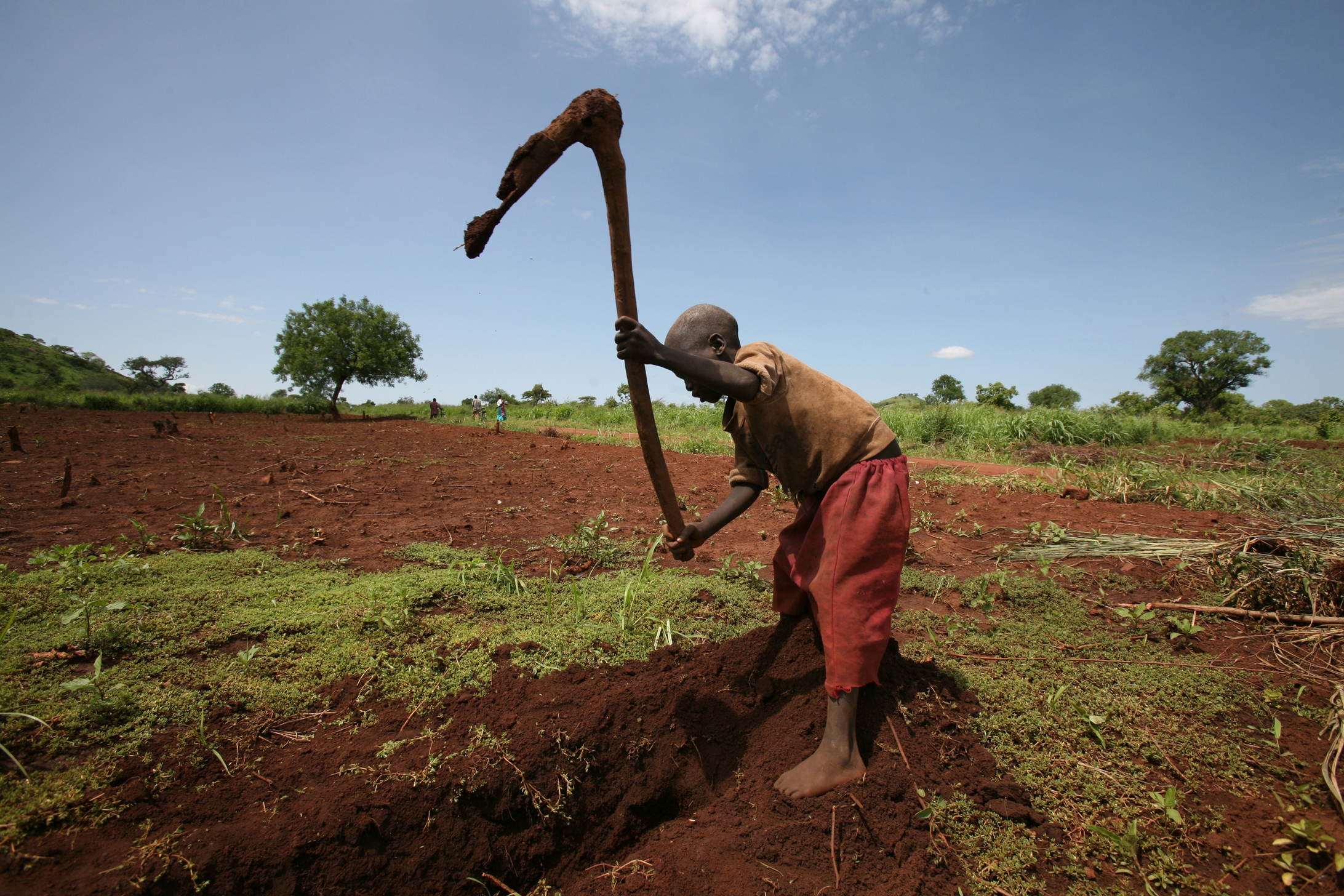"More rains are expected and we are seeing it [is] intense in some parts of the country," said Paul Isabirye, assistant commissioner for data processing and applied meteorology.
Several districts in eastern, western, central, north-western and north-eastern parts of the country have been severely affected by heavy rain, which has cut off roads, washed away fields of crops and caused fatal landslides.
"Government should plan to evacuate people in these areas," said Michael Nkalubo, a commissioner at the meteorological department.
While pastoralists in the north-eastern Karamoja region celebrate the rain, which will bring pasture for their animals, farmers are mourning the loss of their harvests because of heavy downpours.
"All my crops are gone; I planted an acre [0.4 hectares] of soya beans with maize in the hope that I would get some money when they mature, but the rain flooded the garden," said Latang Odel.
Peter Ken Lochap, chairman of Karamoja's Moroto District, said the rain had rendered much of the region inaccessible by road. "Karamoja is prone to hunger so in this case when the rain is causing flooding it's a bad sign that next year hunger will be there again."
The worst affected areas include Rupa, Napak, Patany and mountainous areas of Moroto.
The rains have remained stable in the north-central Acholi region, and agriculturalists there are calling on the government to provide support to farmers before the second planting season ends.
"Farmers need assistance in the form of short-term maturing seeds so that they can have something in the second season," said Alabi Ajavu, agriculture production coordinator for Moyo district in the West Nile region.
ca/kr/mw
This article was produced by IRIN News while it was part of the United Nations Office for the Coordination of Humanitarian Affairs. Please send queries on copyright or liability to the UN. For more information: https://shop.un.org/rights-permissions





